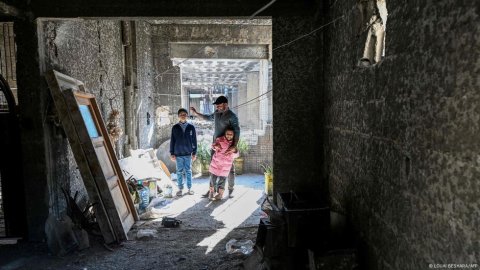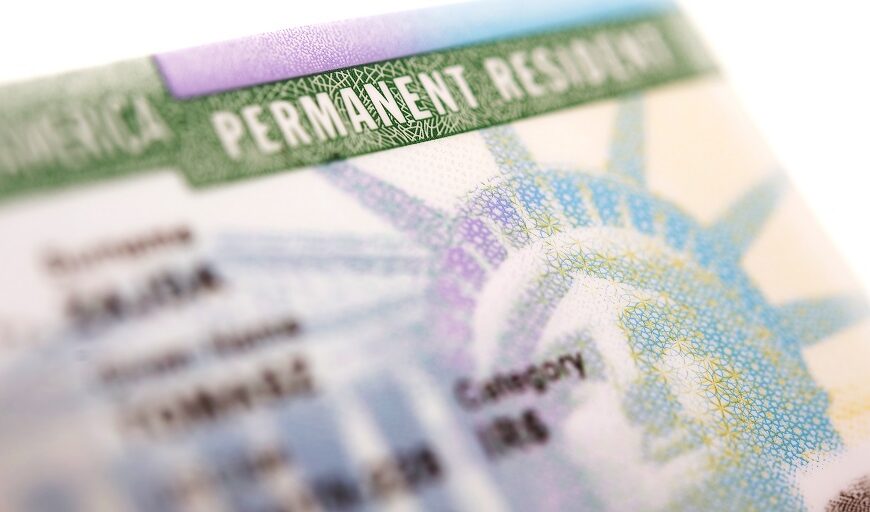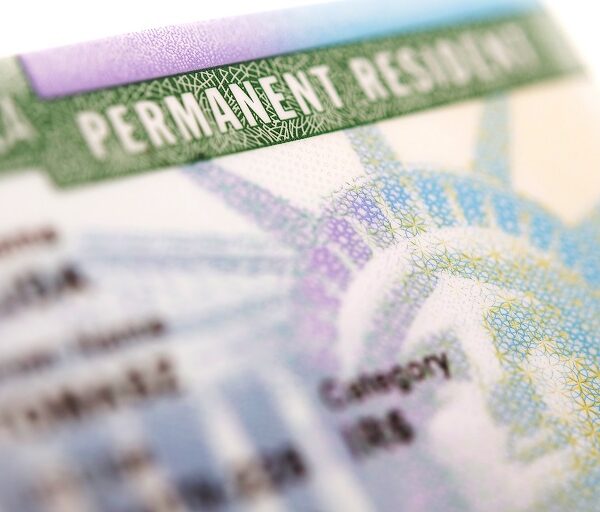Understanding Character Refusals and Cancellations at ART’s General Division
Navigating the complexities of immigration law can be challenging, especially when character refusals and cancellations come into play. These issues can have significant implications for individuals seeking to establish their lives in Australia. Understanding the process and what to expect at the Administrative Appeals Tribunal (AAT), particularly at the General Division, is crucial for anyone facing such challenges.
What is Character Refusal and Cancellation?
Character refusals and cancellations occur when an individual’s visa application is denied or their existing visa is canceled due to concerns regarding their character. This can include:
The Australian Department of Home Affairs assesses character through various criteria set out in the Migration Act. It is essential for applicants to understand these criteria and how they may impact their visa applications.
Understanding the Administrative Appeals Tribunal (AAT)
The Administrative Appeals Tribunal is an independent body that reviews decisions made by government agencies. The General Division of the AAT specifically deals with a wide range of immigration matters, including character refusals and cancellations.
When an application is refused or a visa is canceled, individuals have the right to seek a review of that decision at the AAT. This process allows for a comprehensive examination of the case, where both the individual and the Department of Home Affairs can present their evidence and arguments.
The Expedited Review Process
The AAT has implemented an expedited review process for character refusals and cancellations. This is particularly beneficial for individuals who may be facing the risk of removal from Australia. The expedited process aims to ensure timely decisions, allowing individuals to have their cases resolved more quickly.
During this expedited review, the AAT will consider various factors, including:
Understanding these factors can help individuals prepare their case more effectively and present compelling arguments for why their visa should be reinstated.
Preparing for the Hearing
Preparation for the AAT hearing is critical. Here are some steps that individuals should consider:
Having a thorough understanding of the procedural aspects and the specific requirements of the AAT can significantly impact the outcome of the review.
What to Expect During the Hearing
During the hearing at the General Division of the AAT, the following will typically occur:
The hearing can be a daunting experience, but it is crucial to remain calm and collected throughout the process.
Possible Outcomes of the Review
The AAT has several options when making its decision regarding character refusals and cancellations:
Understanding these potential outcomes is vital for applicants as they prepare for their hearings.
Conclusion
Dealing with character refusals and cancellations can be a complex and emotionally taxing process. However, understanding the workings of the AAT’s General Division and the expedited review process can empower individuals to navigate this challenging terrain more effectively.
By gathering evidence, preparing adequately for hearings, and seeking professional assistance when necessary, individuals can enhance their chances of a favorable outcome. Ultimately, having a clear understanding of the character assessment process and what to expect can make a significant difference in the journey toward securing a visa and establishing a life in Australia.







